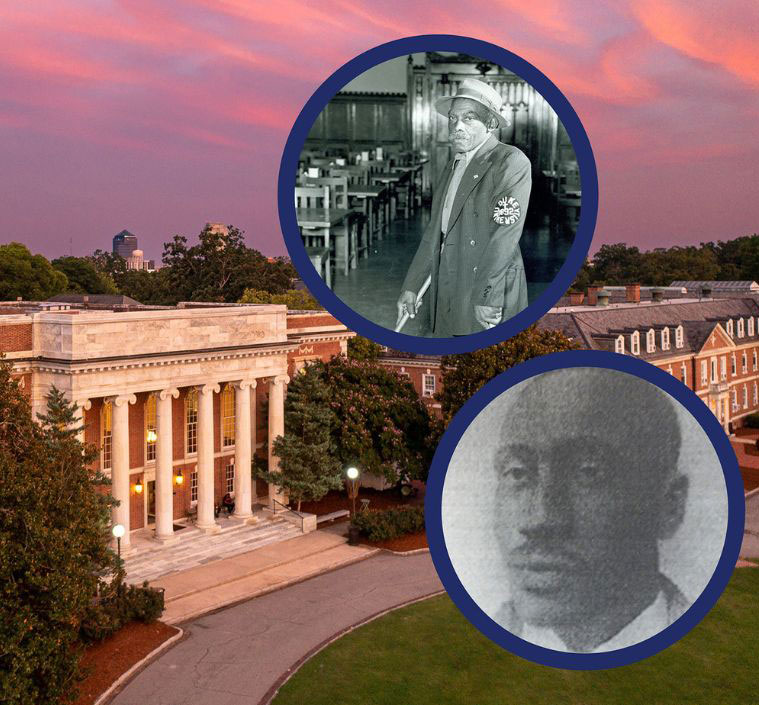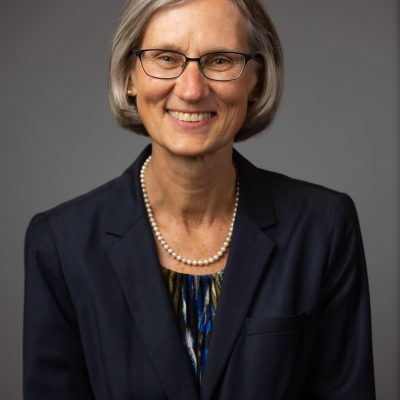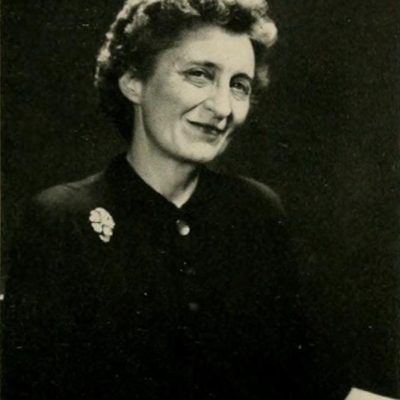George Wall was born into enslavement in Randolph County, North Carolina, in 1861. By 1880, he was “bound” out to Braxton Craven, the president of Trinity College, first as a farm laborer, and eventually as a janitor and handyman for Trinity College.
After Trinity College moved to Durham in 1892, George Wall also moved there with his wife, Hattie, and their children. He worked as a custodian at Trinity College, which became Duke University in 1924.
“Wall may have been the sole employee, apart from faculty members, to follow Trinity College to Durham in 1892,” according to a Duke Magazine story. Durham was a city of economic opportunity, and a growing Black American population arrived from rural North Carolina to work in the Duke family’s tobacco factories.
George Wall bought a plot of land near East Campus for $50 and built a home there. He became a leader in his neighborhood, eventually named Walltown, attracting other Black families who formed a close-knit, working-class community and pointed with pride to “Old Man Wall’s House.”
John Franklin Crowell, Trinity College president from 1887 to 1894, wrote about the janitor’s “fidelity and simple devotion to duties that were not always the pleasantest and easiest.”
The oldest of George Wall’s 14 children, George-Frank Wall was born in 1878 and also worked as a janitor at Duke.
When George-Frank wrote his will in 1946, he bequeathed $100 to Duke, citing his desire for harmony between Black and white people. Wall’s gift – added to the school’s scholarship fund – was remarkable given that Duke did not admit African American students at the time.
The home Wall built on Onslow Street still stands, and Durham’s Walltown neighborhood remains a proud historically Black community.
In 2024, Duke’s Board of Trustees voted unanimously to name the East Union Building—home of the Marketplace and Trinity Café—in honor of George and George-Frank Wall.



